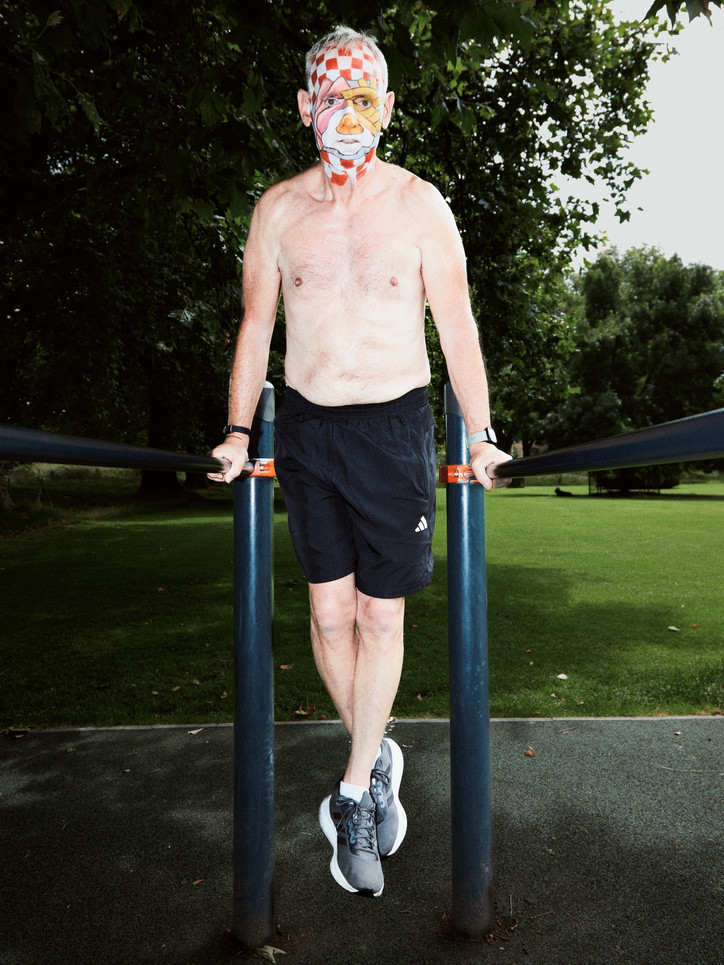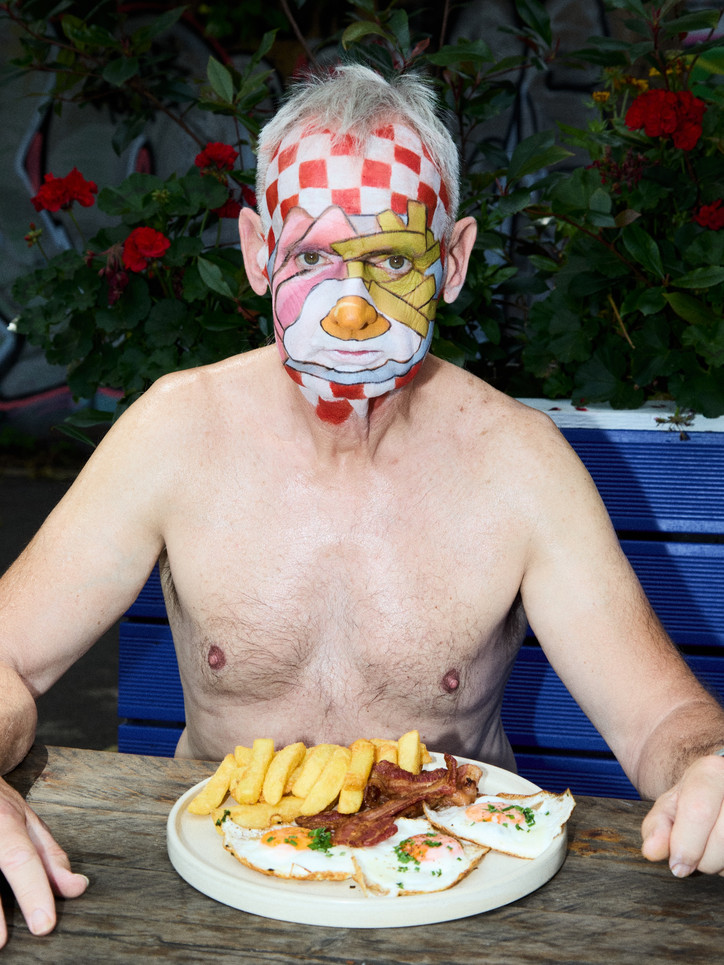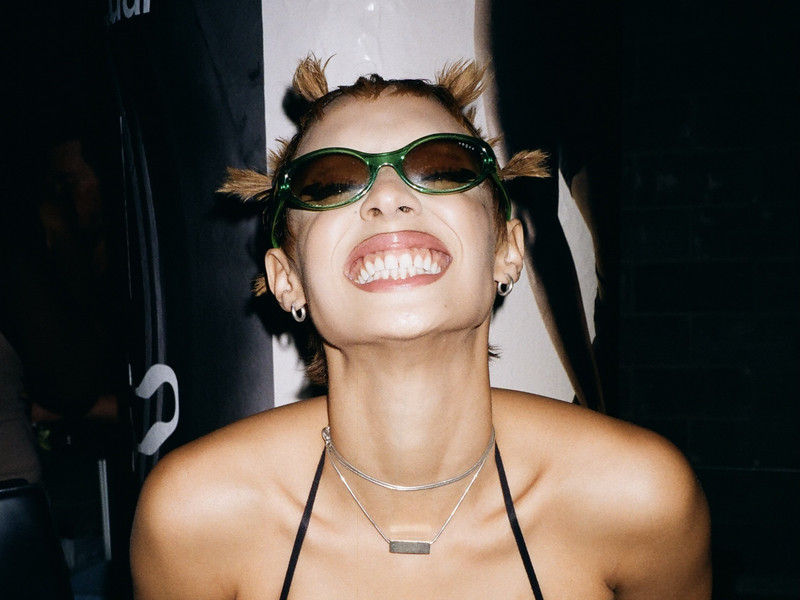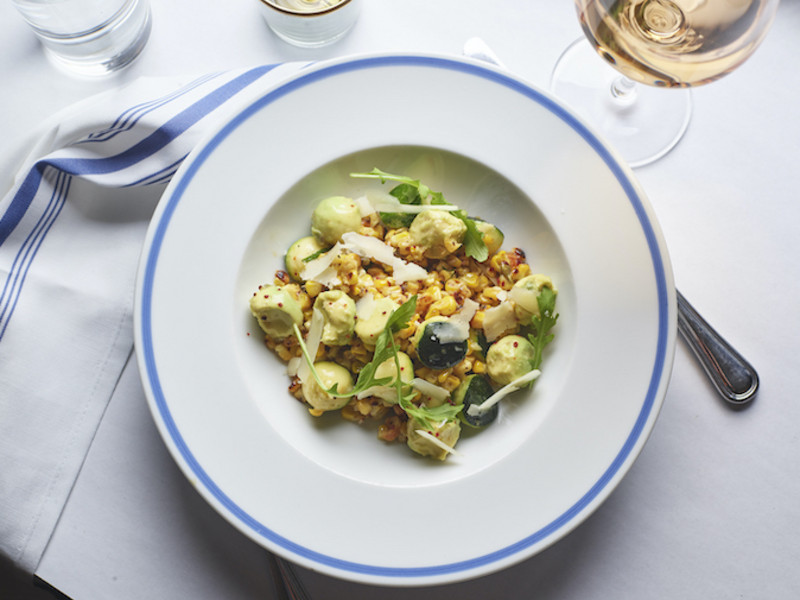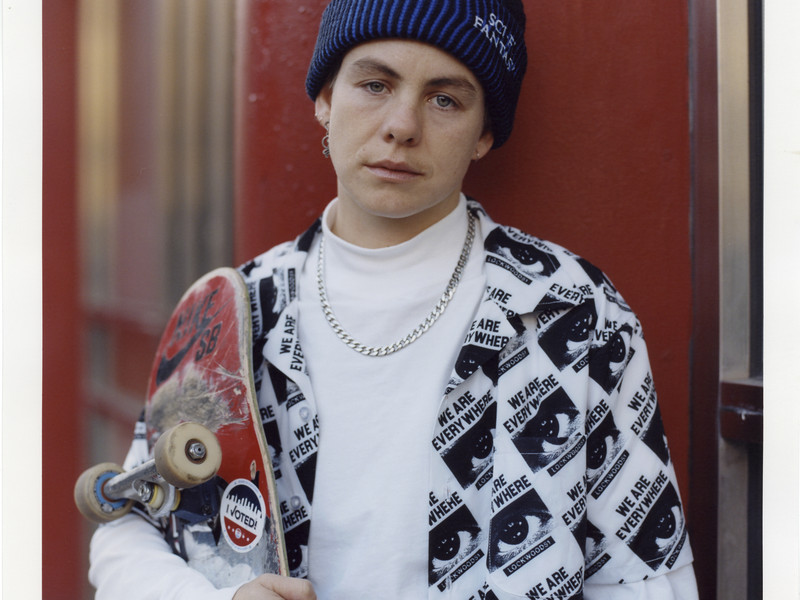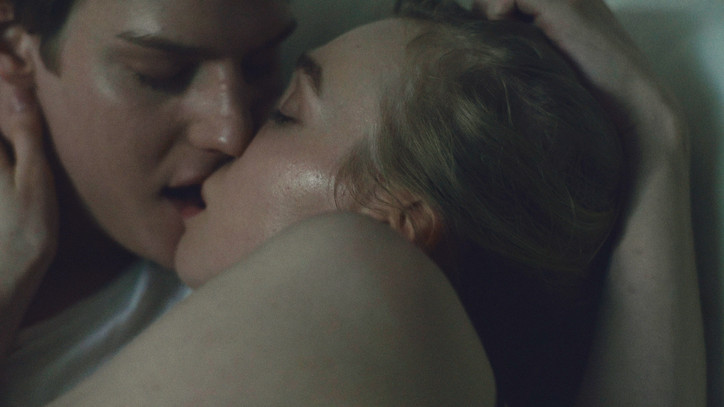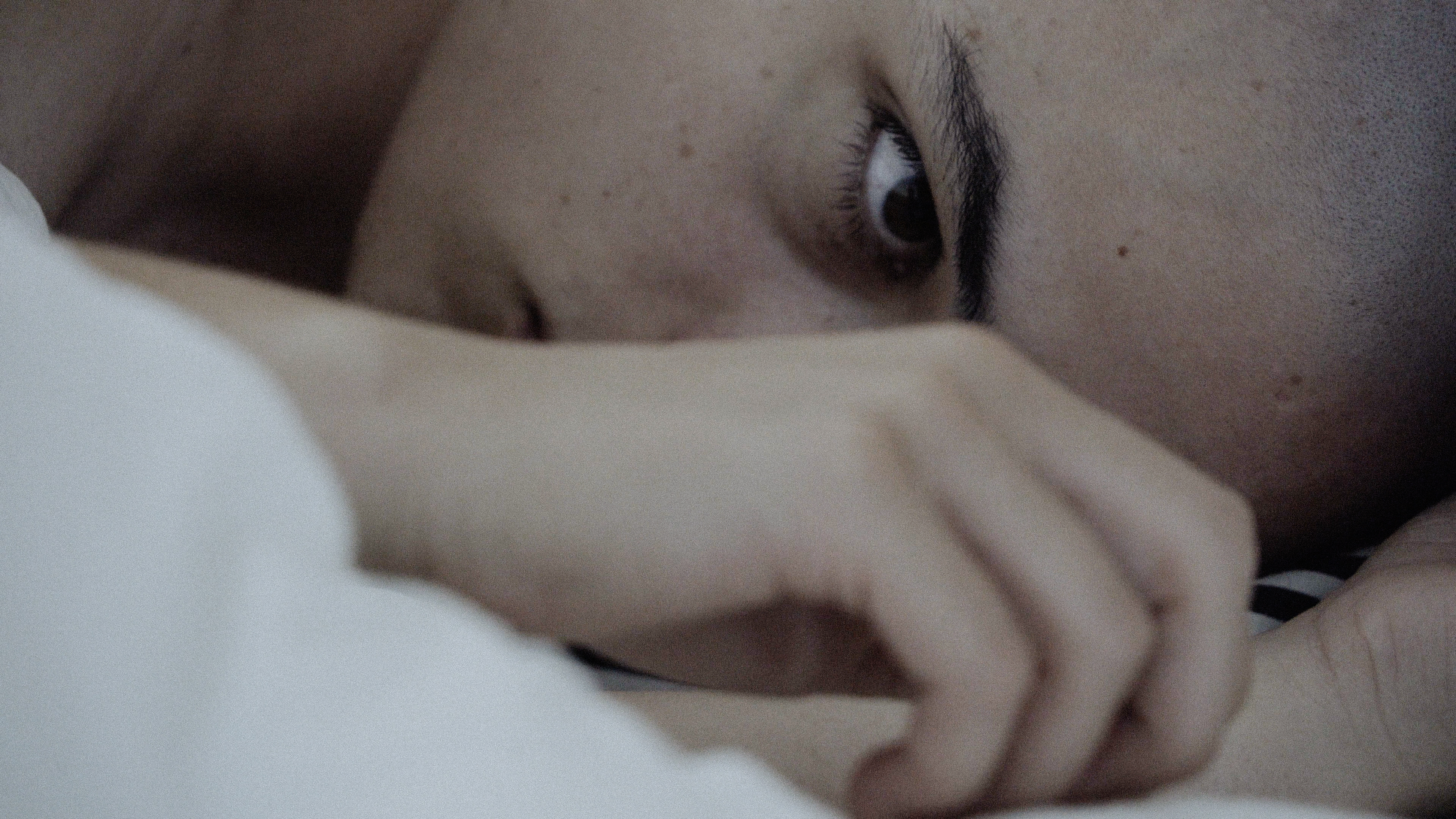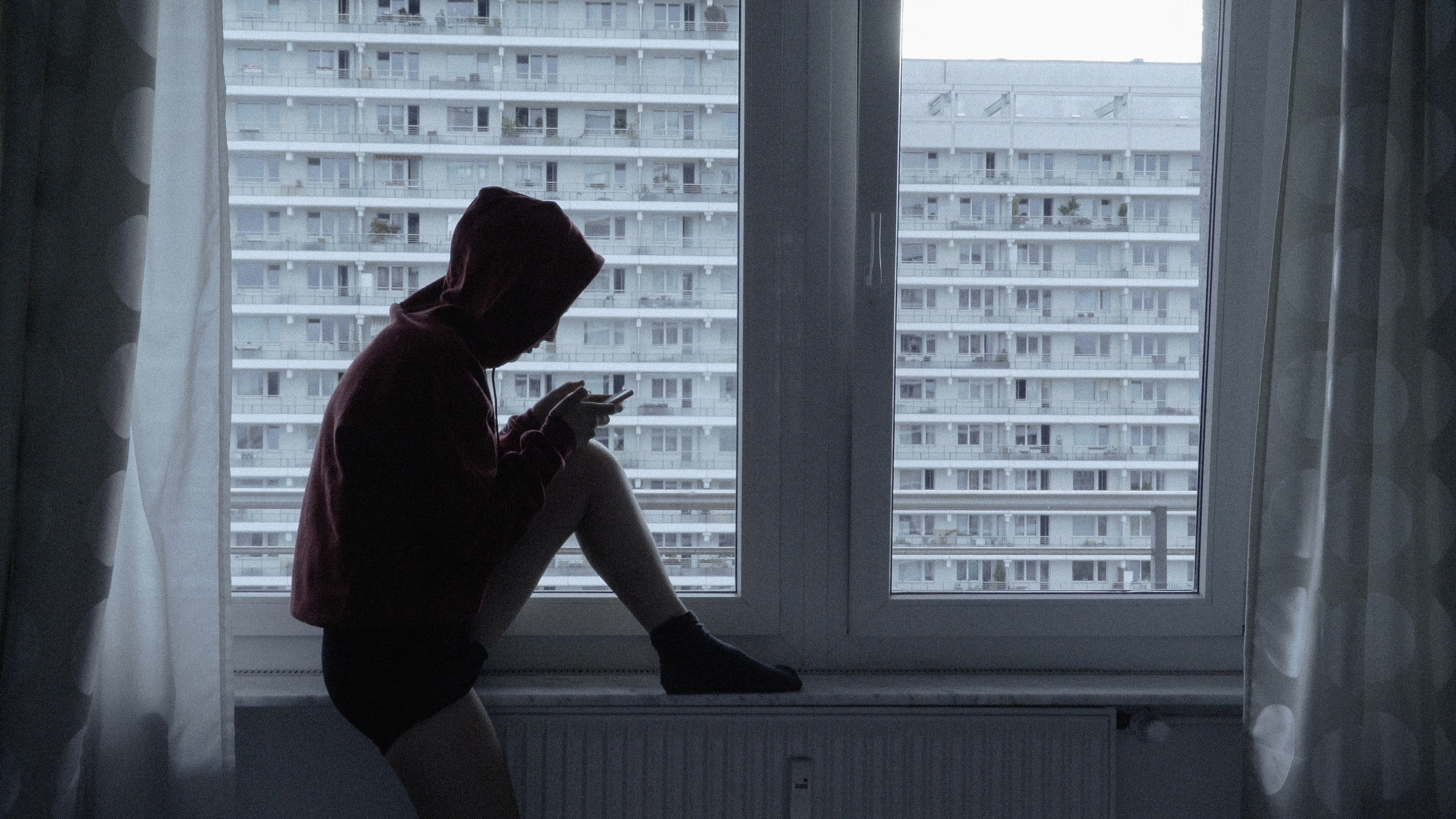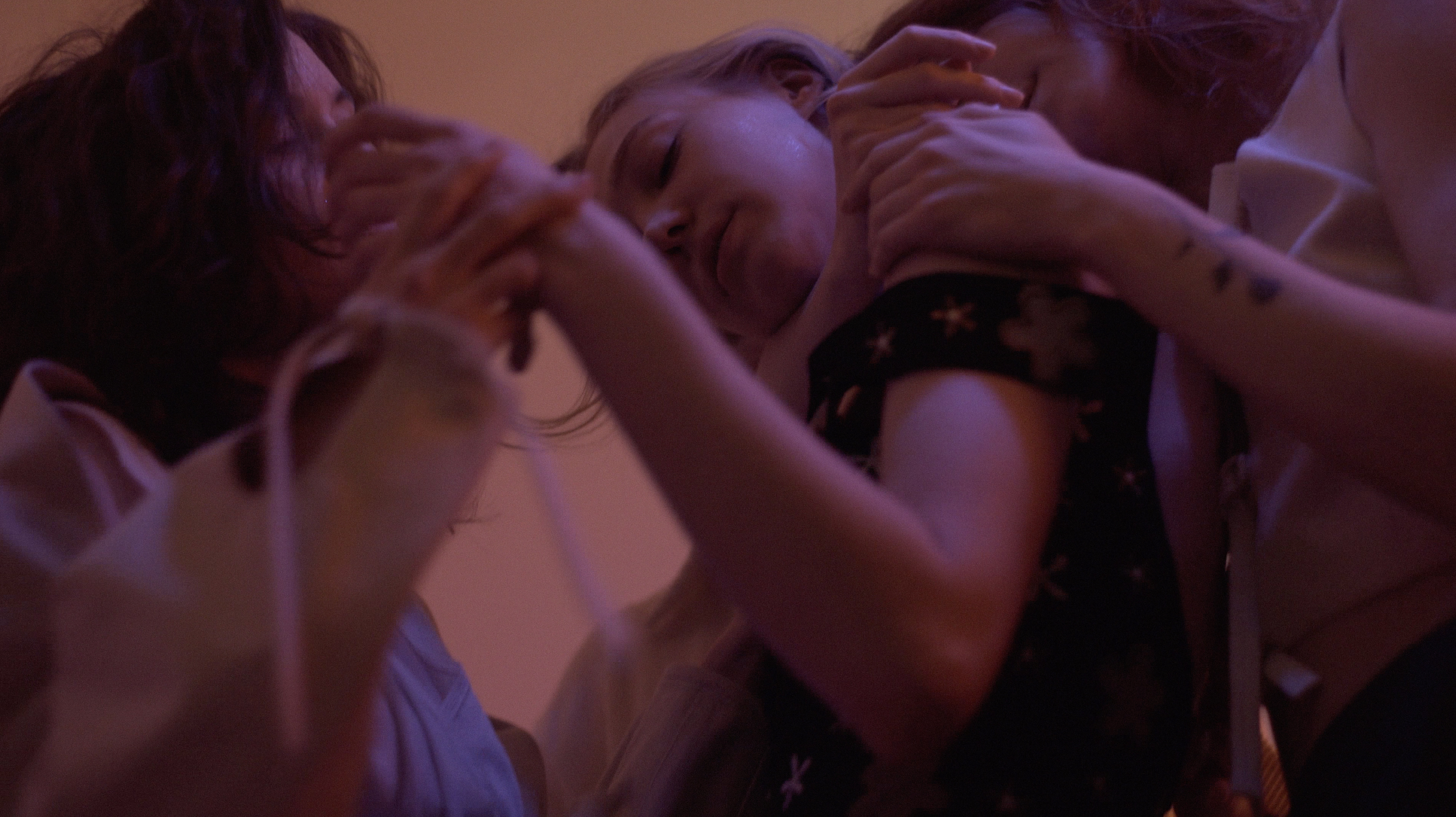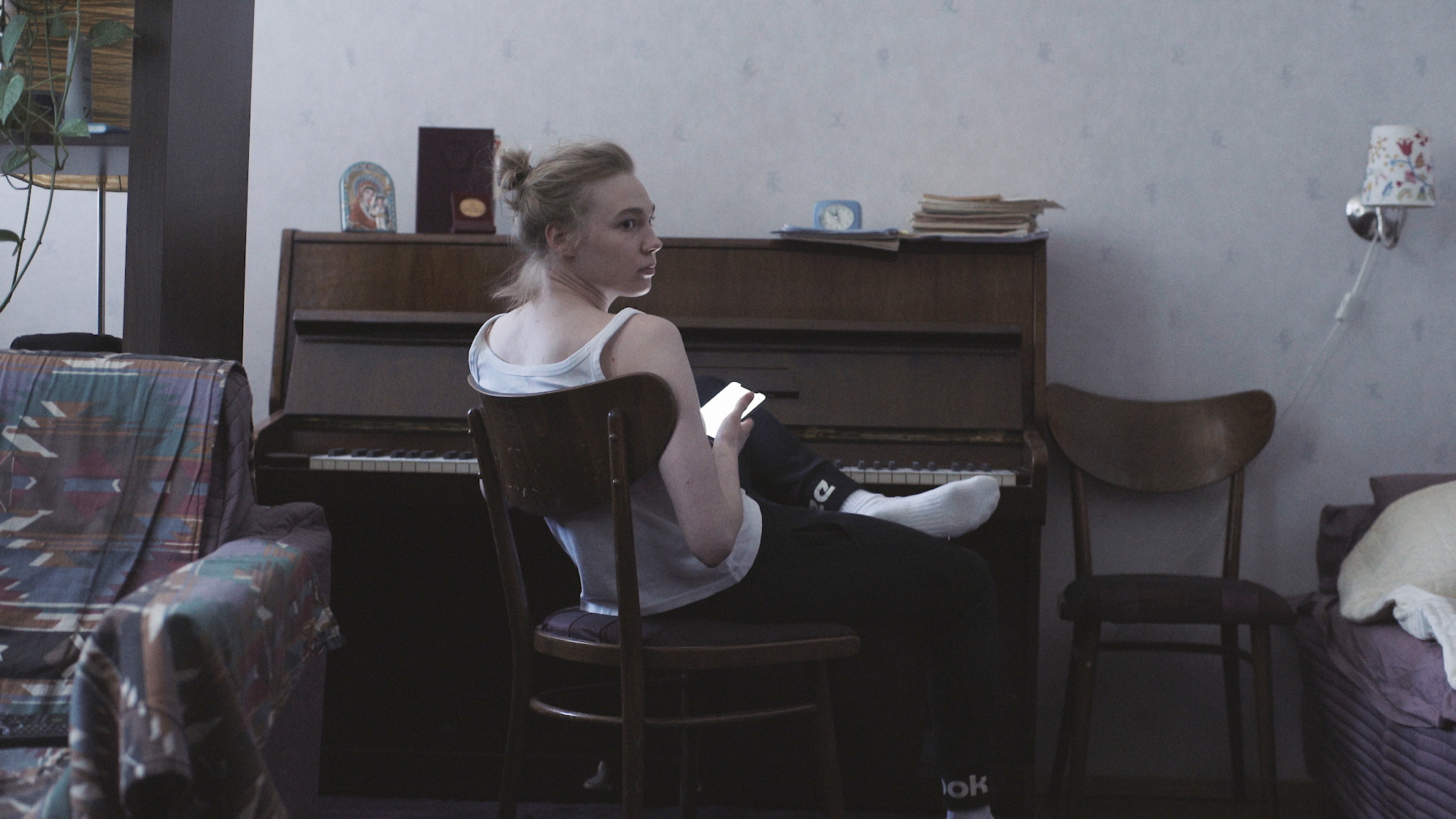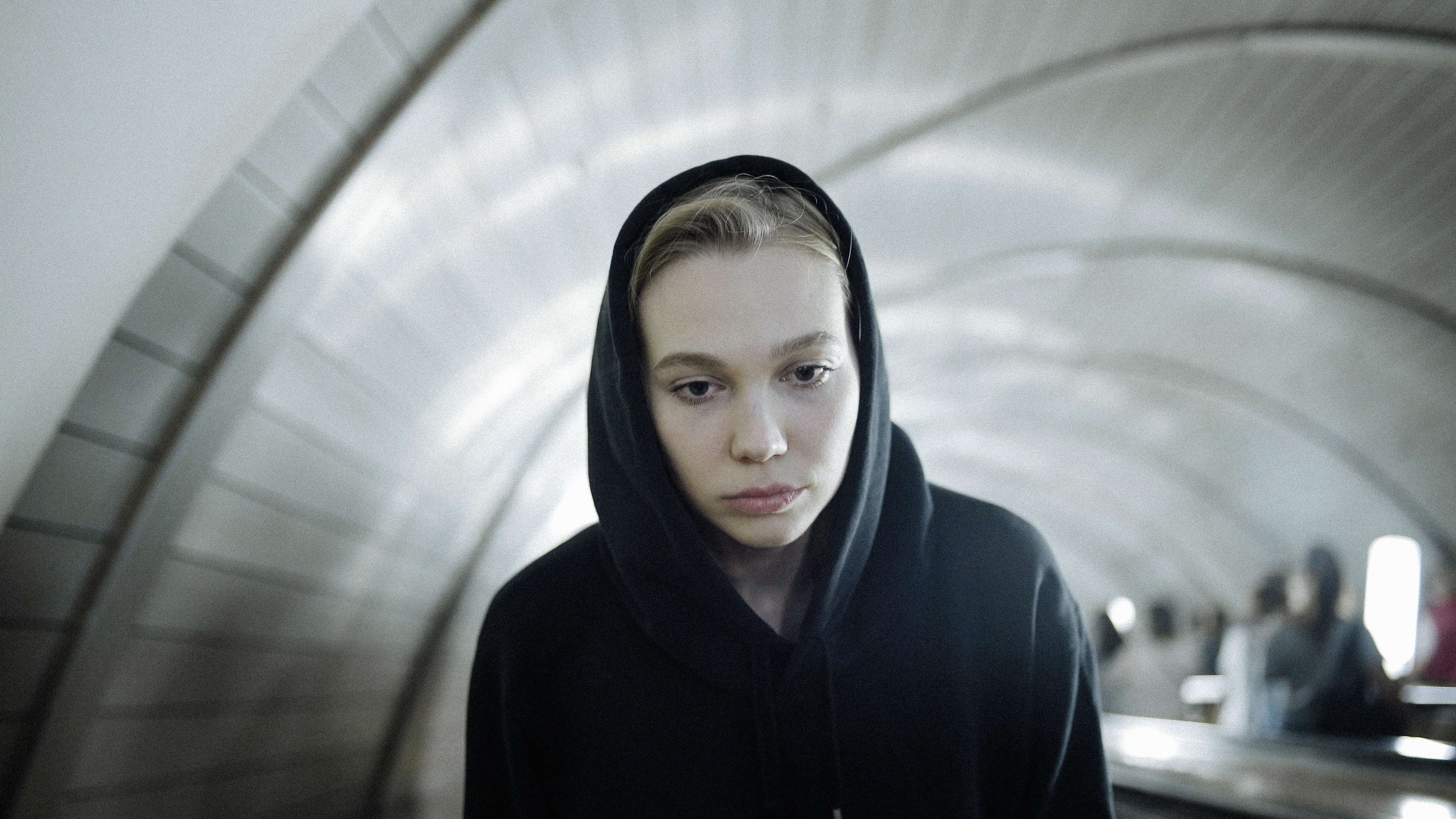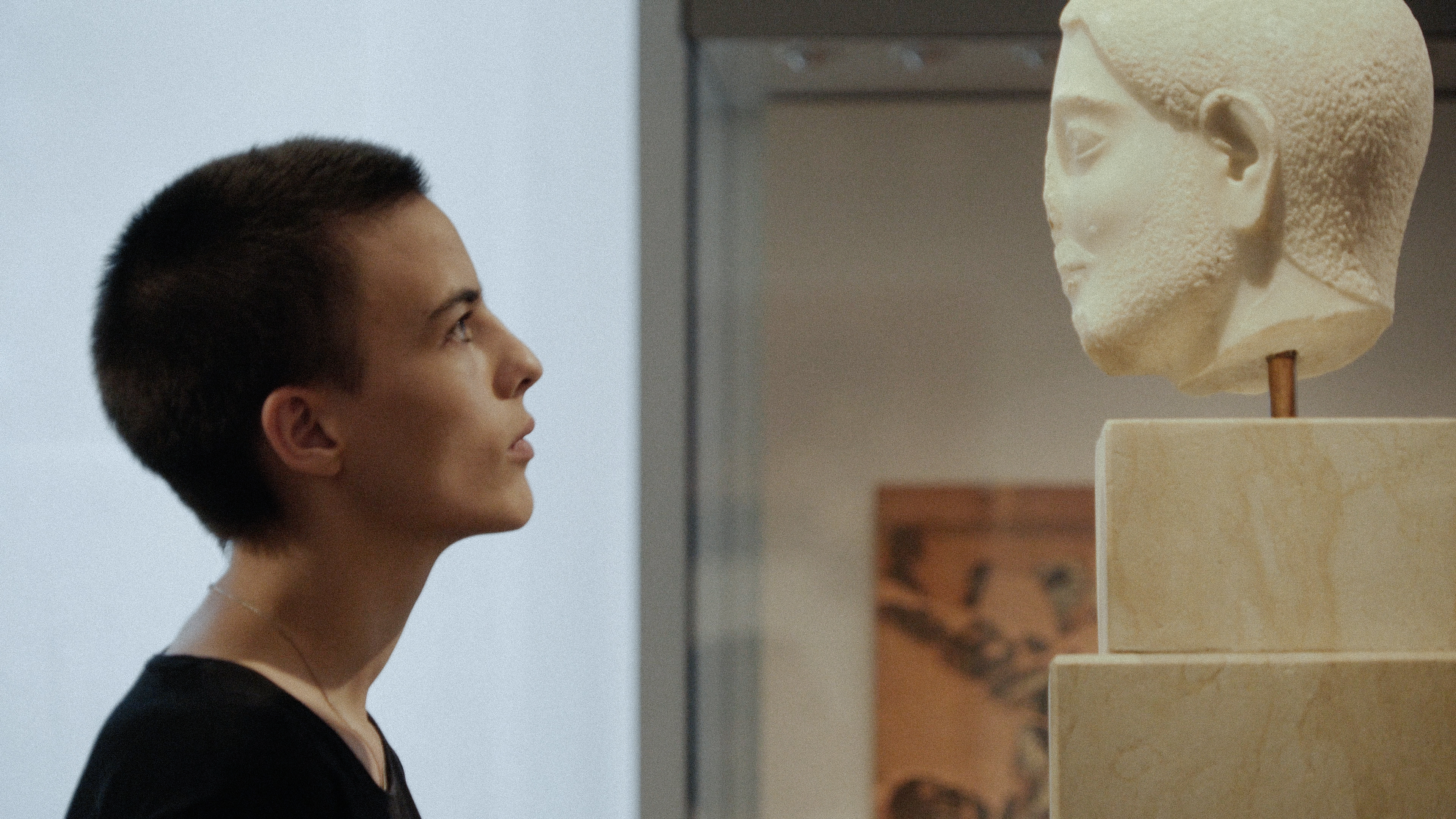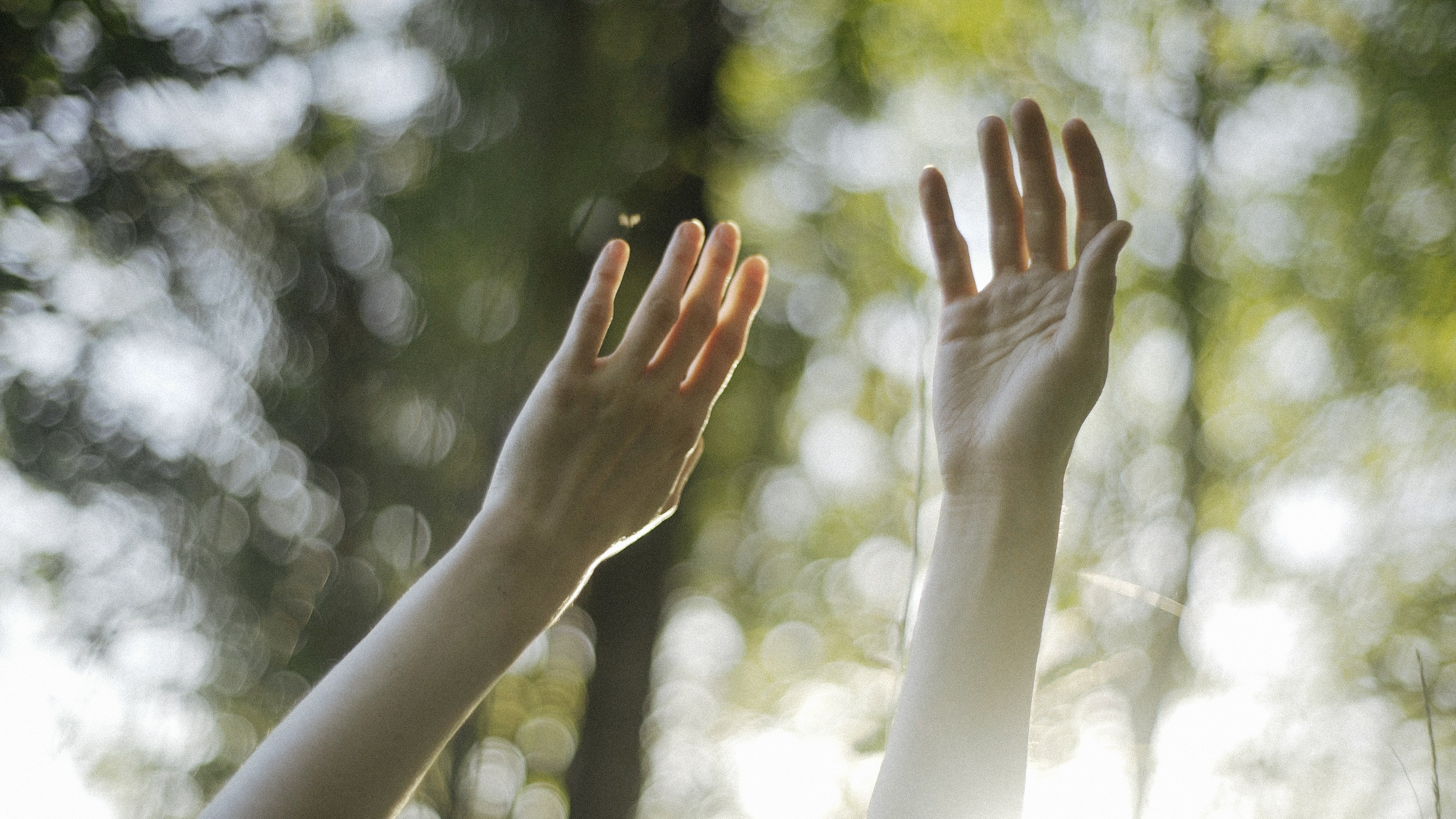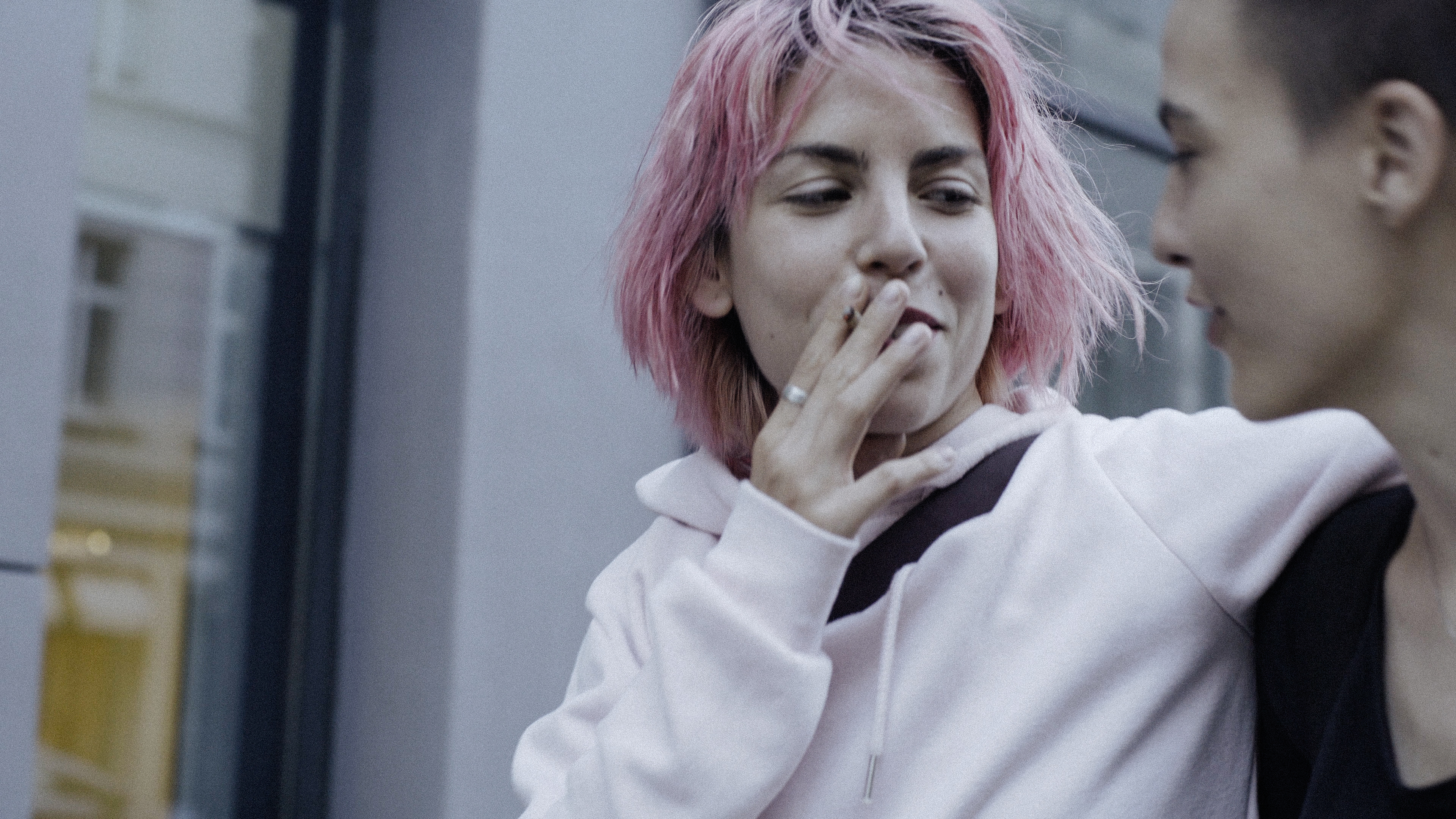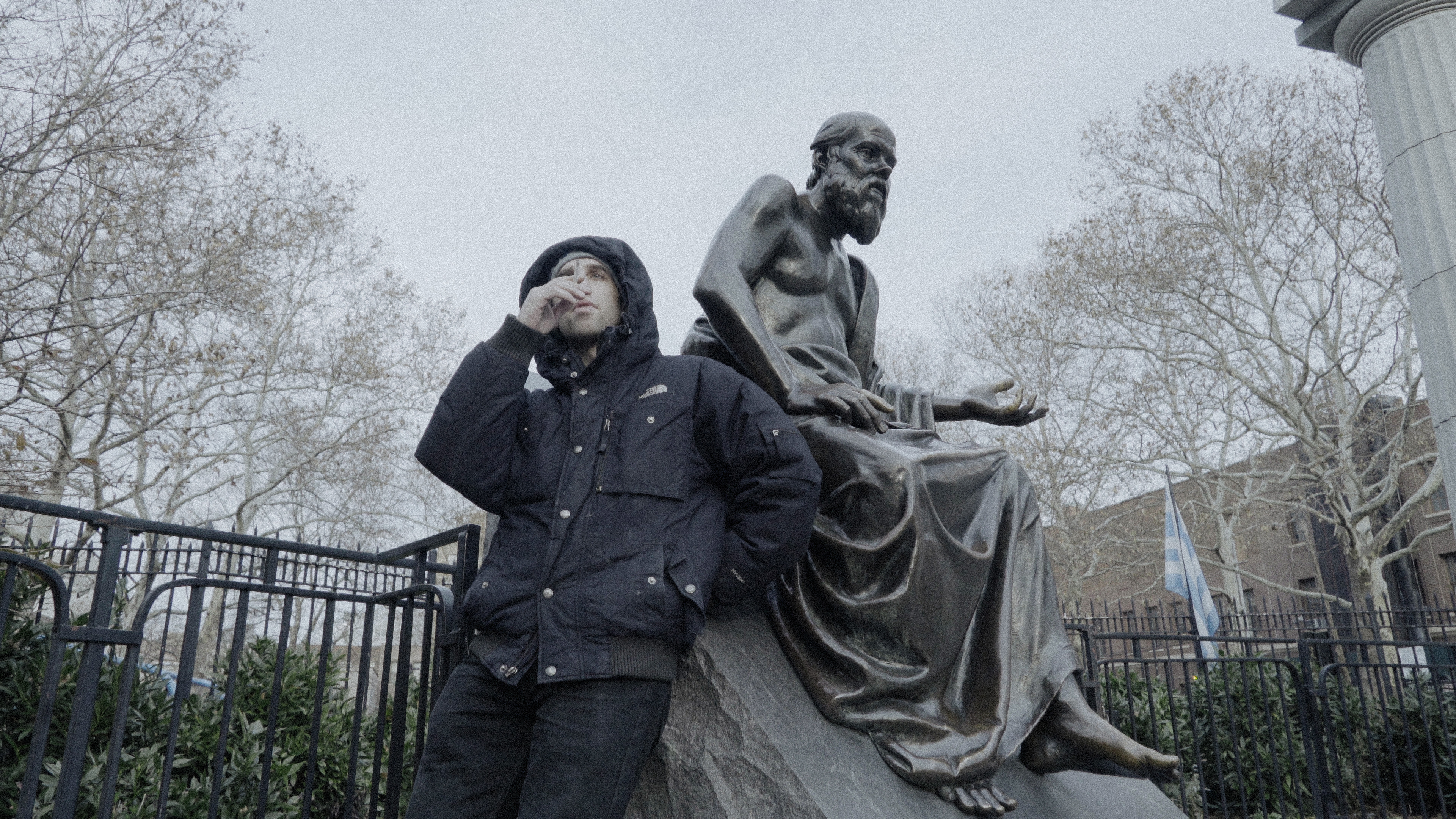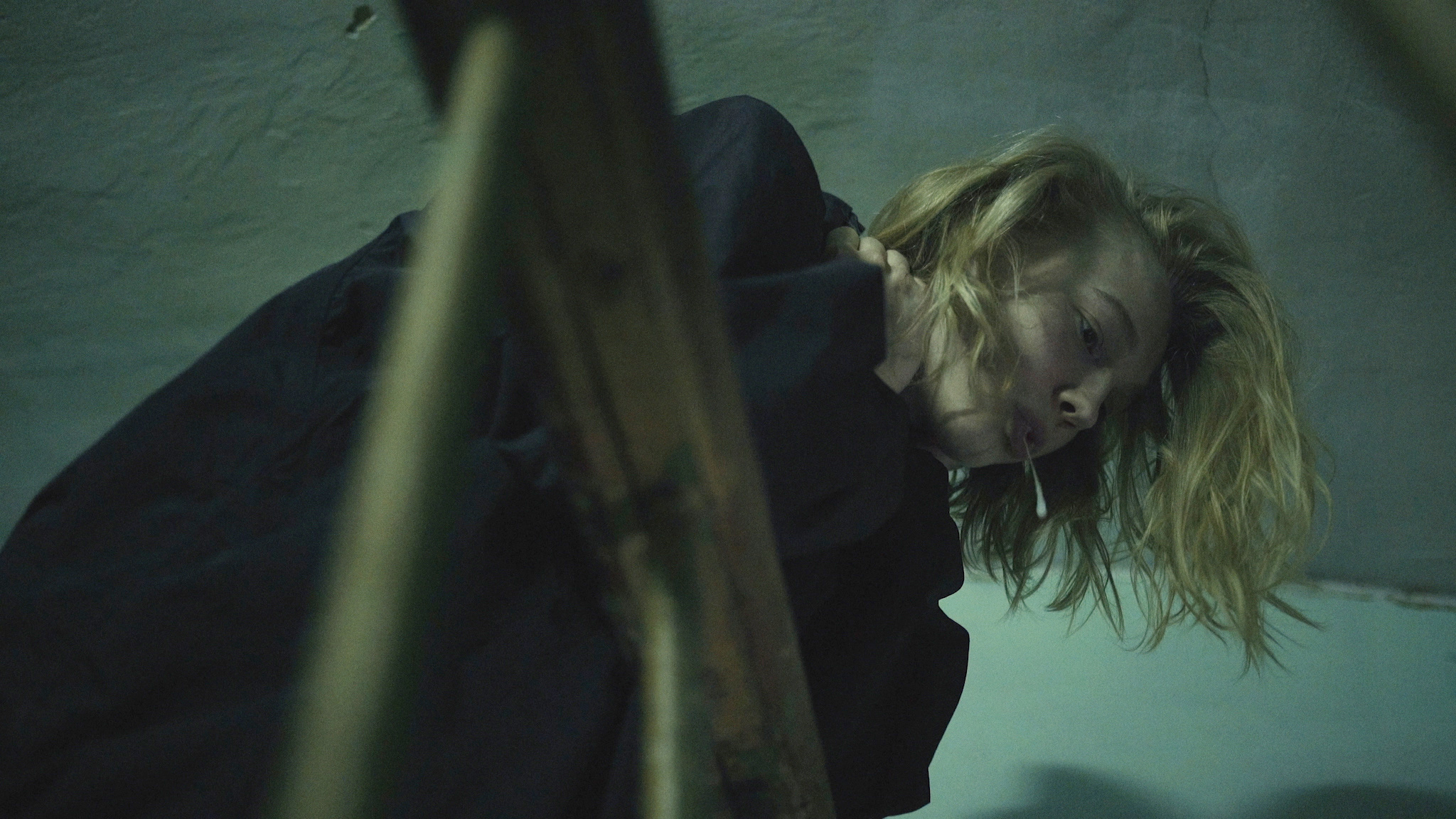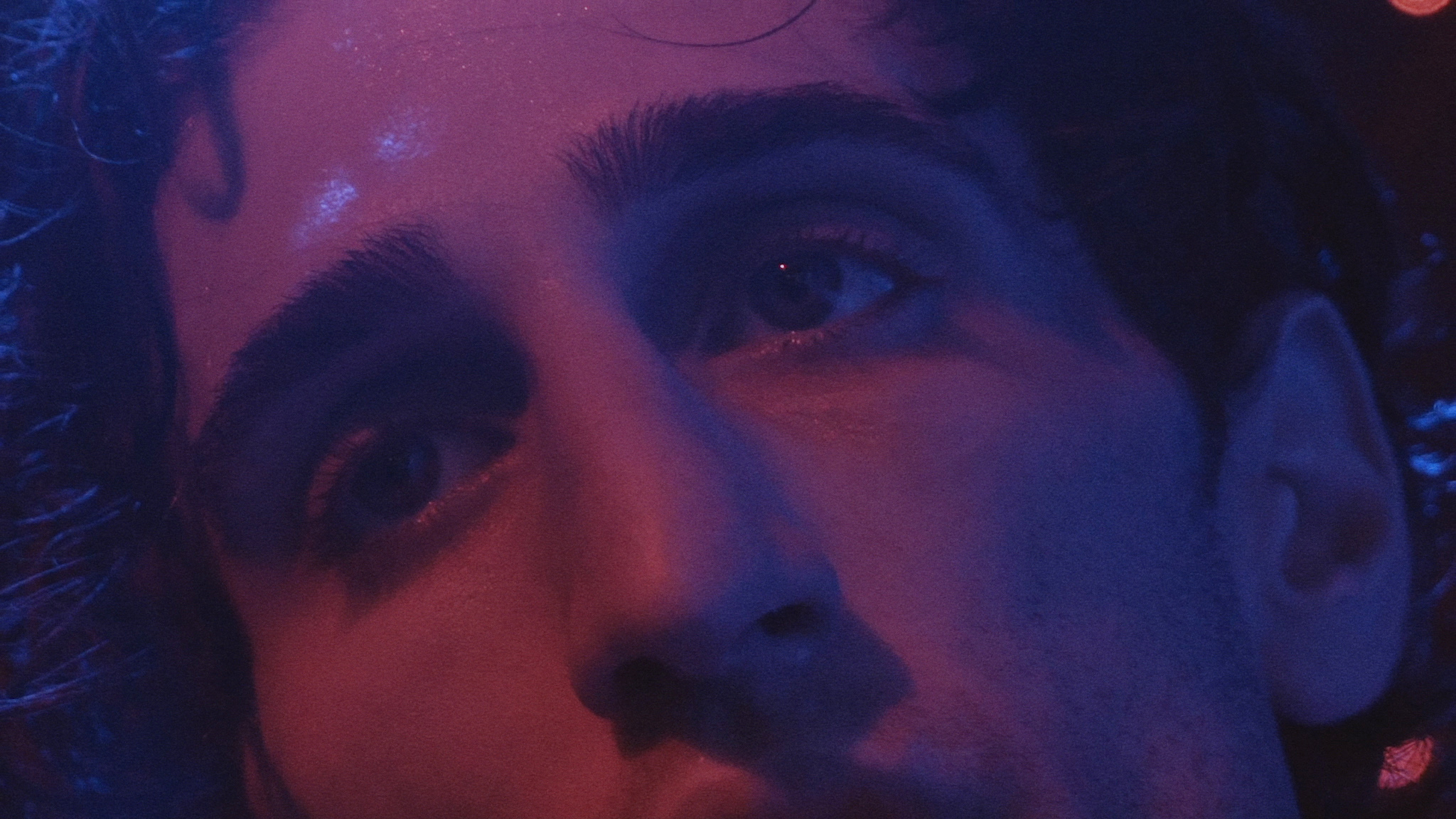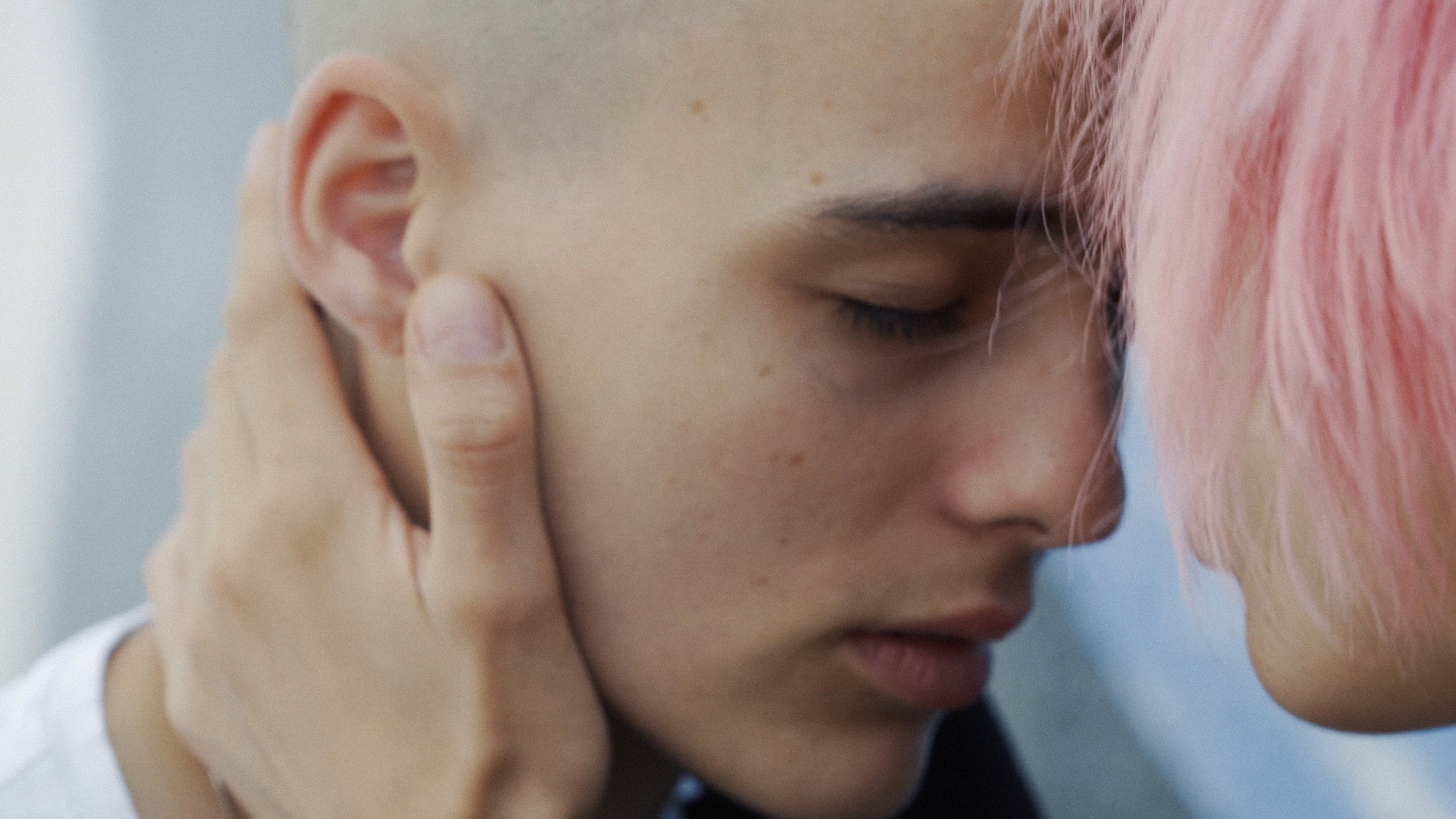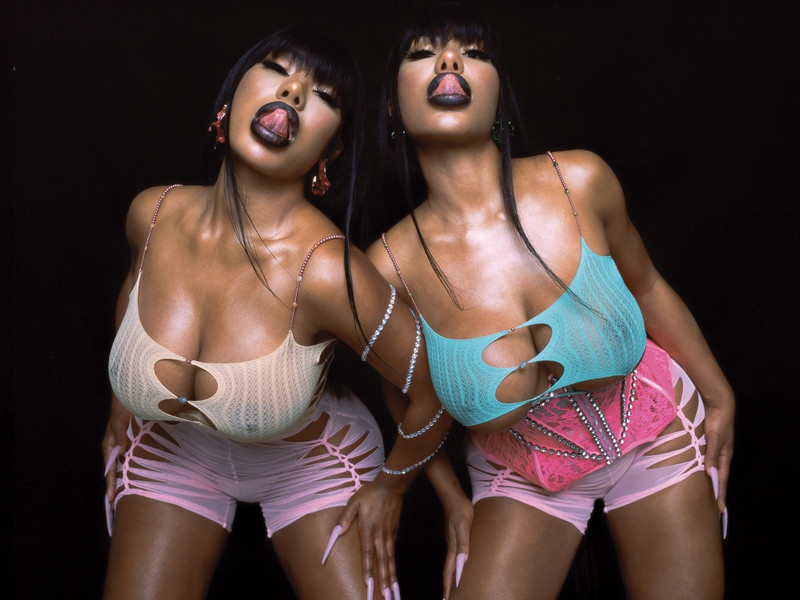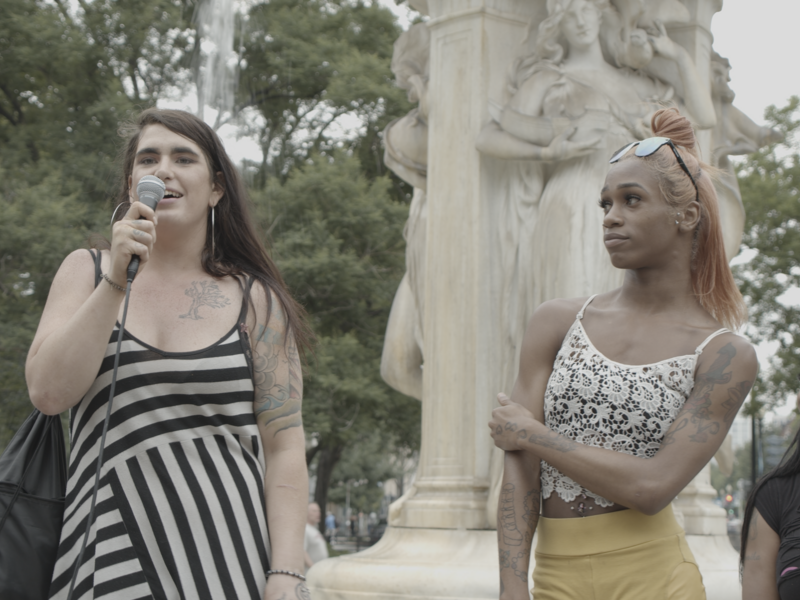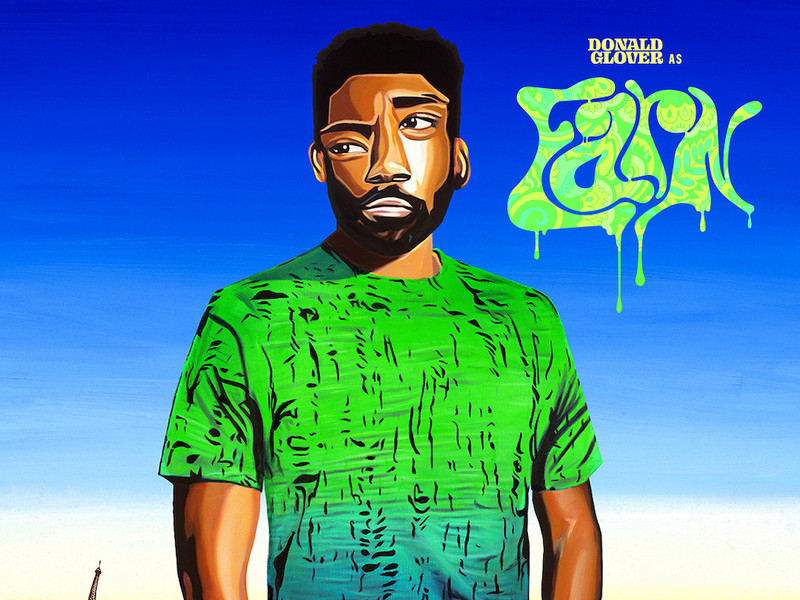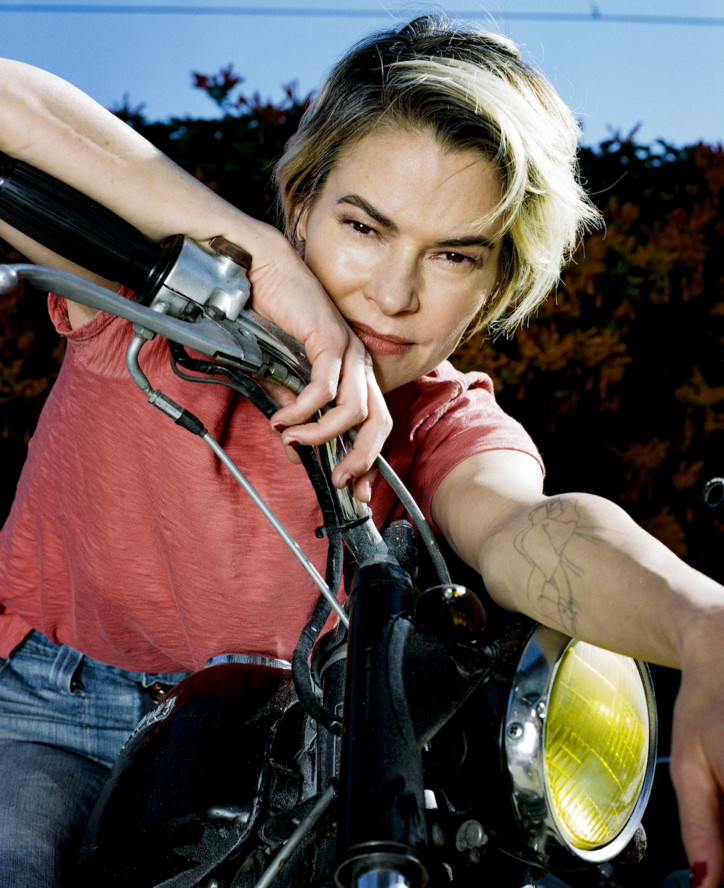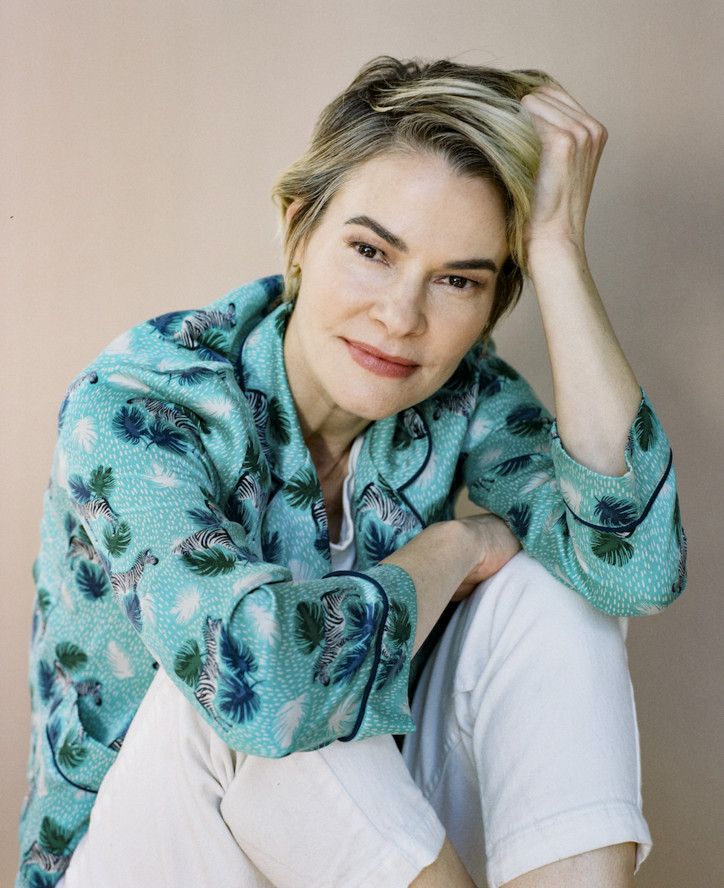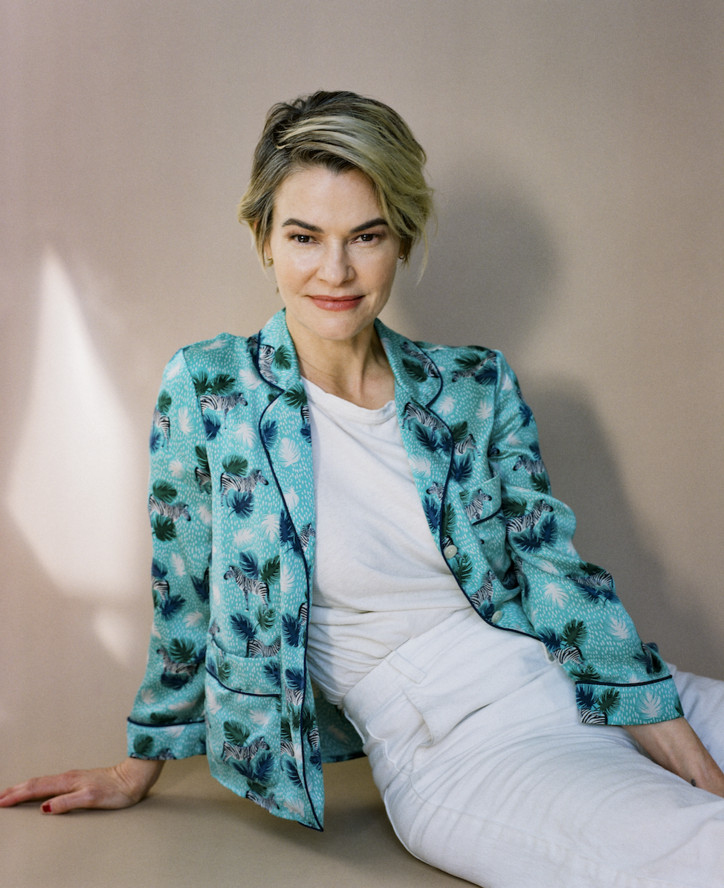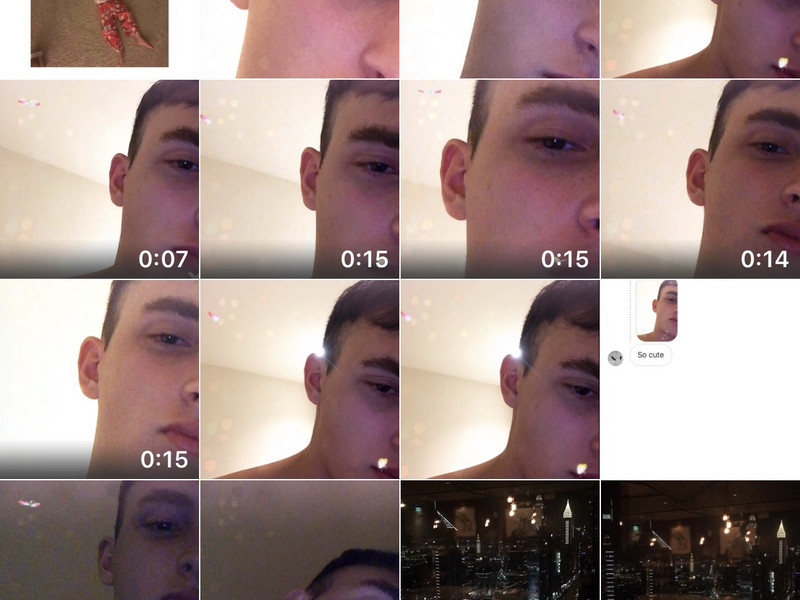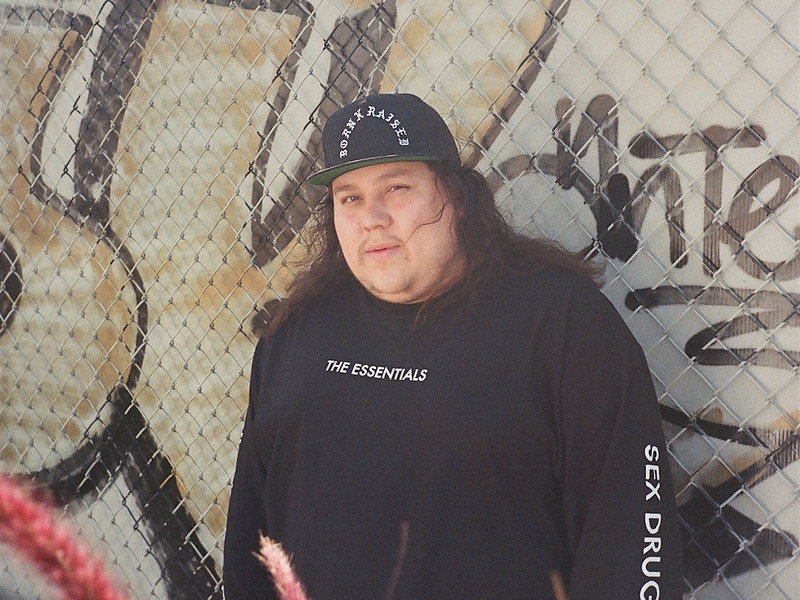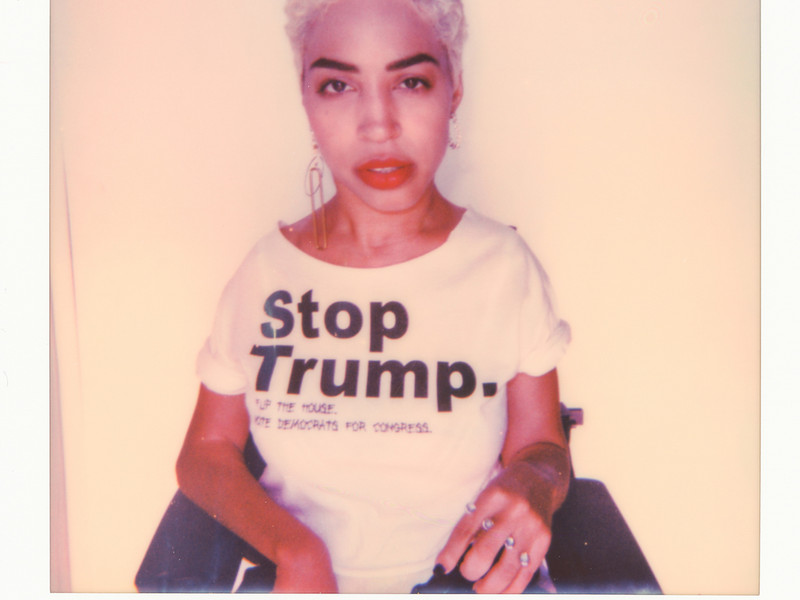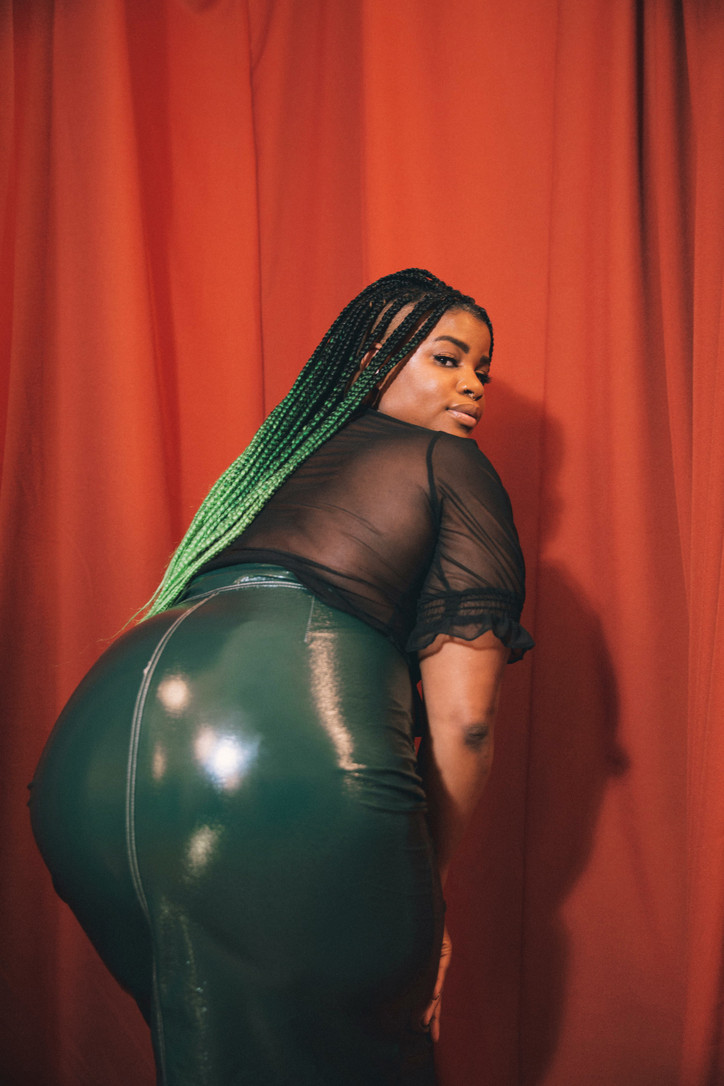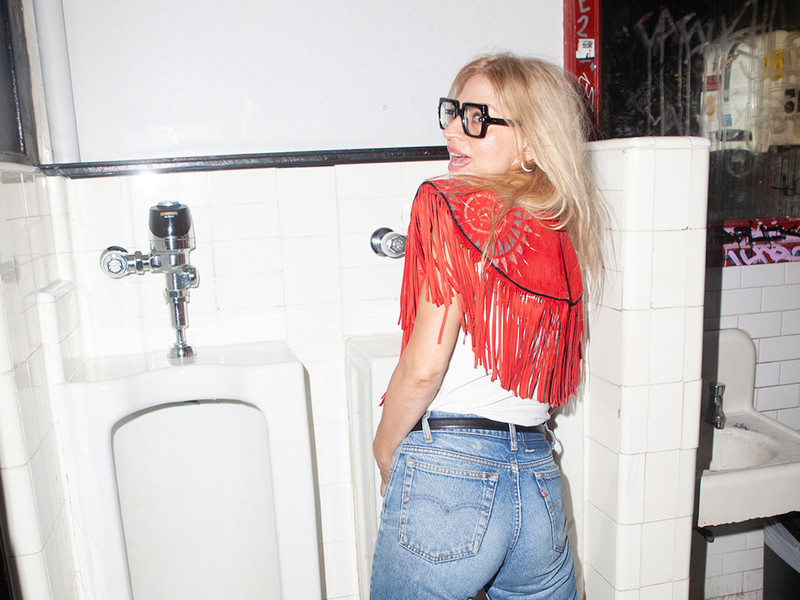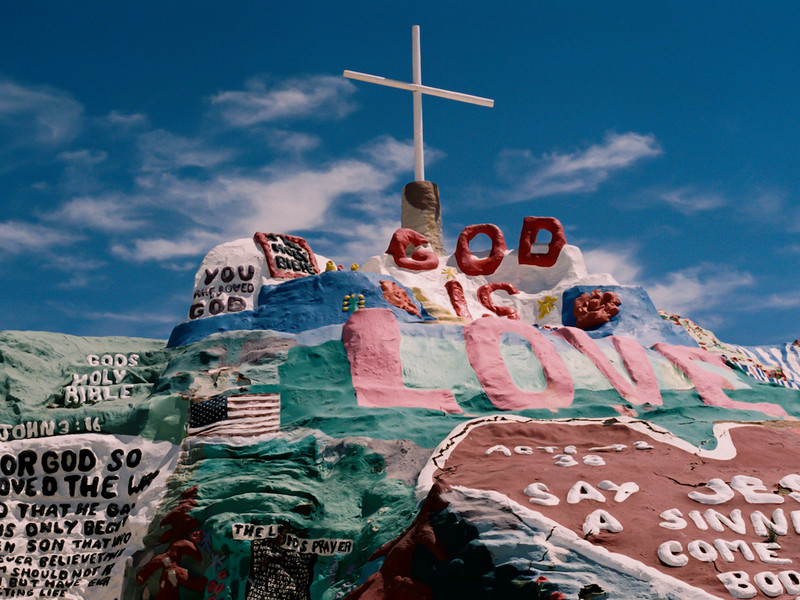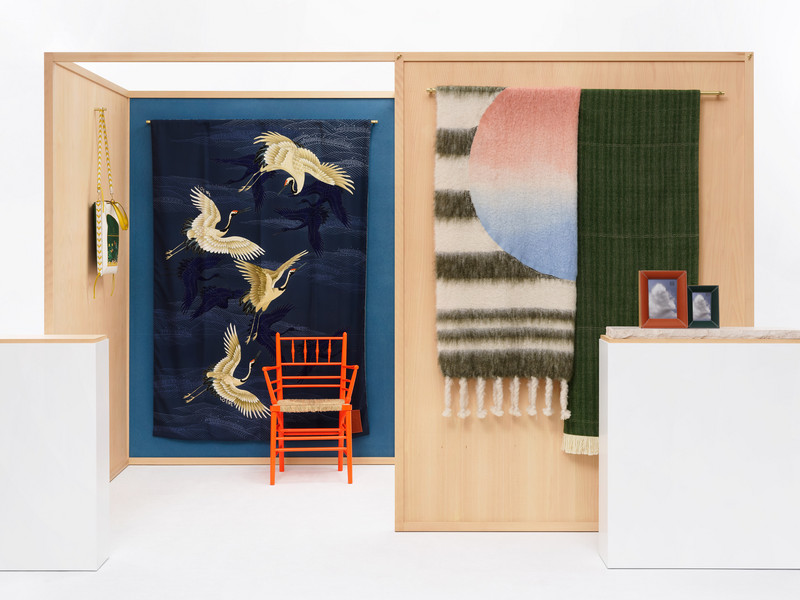Tell me about the podcast Hoodrat to Headwrap.
My podcast, Hoodrat to Headwrap, is not a destination. My partner Ebony is a self proclaimed hoodrat, and I wear a lot of headwraps. It’s just me and him talking shit about life. The subtitle is a decolonize podcast, so we often times talk about stuff that’s happening in the world. Stuff that’s happening personally in our lives, and work to decolonize that topic. Our latest podcast episode was about interracial relationships, and it’s probably one of our most popular to date. It’s literally just us sitting around talking just a candid conversation about how feel about stuff, and then we’re just recording it. So we don’t hold back or anything—it’s cute.
Based on your years of teaching, have you noticed any issues arise from white students when you solely focus on the strife of marginalized people?
You know what’s so funny? They don’t get mad! We have to strike a balance. I don’t pathologize blackness in my class because white people love that. They love talking about how bad black people are or like how can we help the black people. No, I’m talking about how black people are poly, how black people fuck. How black sex workers navigate the world, and all of this stuff that doesn’t put us in the light of ‘look at the poor black people’. And I think that that helps some of my predominantly white classes see that they don’t always have to talk about black people in such a detrimental way. They don’t need to save us. I teach at the school of social work, and their idea is that they need to save us. I’m like nah they don’t need any saving, and that’s the first thing you need to let go.
You crafted the term top-less activism—can you explain how this term sprouted?
I just went topless at a music festival, and I literally just did it because I wanted to raise awareness. And then from there it kind of went crazy, I just kept doing it. I was doing because I wanted people to see and black queer young person with breast cancer scars with a double masectomy. That’s really what the catalyst of it all was because then I was like this is actually a form of activism. Whenever I go topless, people see what this looks like and they don’t have to Google double mastectomy and only see Angelina Jolie or some random white person. Maybe my picture will show up, which I think I have accomplished. I think [laughs].
In a world where being naked is overly sexualized, especially the bodies of black woman and black queers, where did the confidence stem to be top-less in photos? How did you deal with the backlash?
I didn’t get a lot of backlash. People are terrified to scrutinize somebody with breast cancer because it’s inside of ableism. People are like, "oh my god you’re such a hero" or, "you’re so amazing", but they won’t necessarily say, "oh you’re so fucking sexy" or, "you look hot". I wanted to shift people relating to me as a hero because it was either hero or sexy. I wasn’t hearing sexy enough, but I have certainly only heard sexy in my life too as someone who was always sexualized. There was a part of me that was like wait go back to saying I’m sexy, so there was this inherent anti-blackness where I could only be these two things that I had to kind of navigate for myself. And my response to that is that I’m just fucking topless because I’m hot. Because I don’t want to wear a shirt. Because who cares about nipples or the lack of nipples. So what? Anybody can take their shirt off, it’s ridiculous—it’s skin. It’s literally fatty tissue that’s a little browner than the rest of your body who gives a fuck.
You speak a lot about making sure your ancestors are alive and present within everything you do. What advice do you have for anyone who wants to be intune with their ancestors but doesn’t know how? What should be the first thing they do?
I would try to read any sort of family history you have, and then if you don’t know your family history, which is a lot of us, just go read some Audre Lorde, James Baldwin, or Toni Morrison. They are our collective ancestors. Ida B. Wells, Fannie Lou Hammer, all of these people who had the privilege to write what they were experiencing and their feelings. I think it’s so important to get connected in that way. I also think it’s important to go to places that we have been. Wall Street is an African burial site. The city of New York is built over the African burial site, and I was actually diagnosed on Wall Street. Whenever I go there I feel held. Whenever I go to New Orleans I feel held. Oakland, Baltimore City, Miami, Atlanta all of these very black ass cities—we’ve been everywhere! Tulsa fucking Oklahoma! I know that we are there, and it feels good to read about. Oh we traveled through here and that Great Migration went through here. That’s fucking tight, but where are the black people? Everywhere I go I’m looking. Where are the black people? I’m always asking that question. In looking for ancestors and considering ancestors, I think it’s important for us who think about ancestors often to know that some of our ancestors were fucked and that they had some fucked up politics. They weren’t here for the revolution and definetly not no fucking freedom. They may have been here to just survive. But we are fucking dope, and I think it’s just important that we honor who we are in the ways that we know how.
What do you aspire your legacy or imprint on the world to be?
Oh wow, I just want to make a difference. I don’t even really care if people really know my name or not. I just want a difference to be made. Like oh yeah black queer people can get breast cancer, great. Sex education needs to be in school, fantastic. Gender is not binary, great. I want to take myself away, and that’s really hard to do. That’s something that I’m working on by taking myself away and being less self important and solely focusing on what is needed. What needs to be put out into the world? Maybe a little less Ericka and more shifting of systems.
